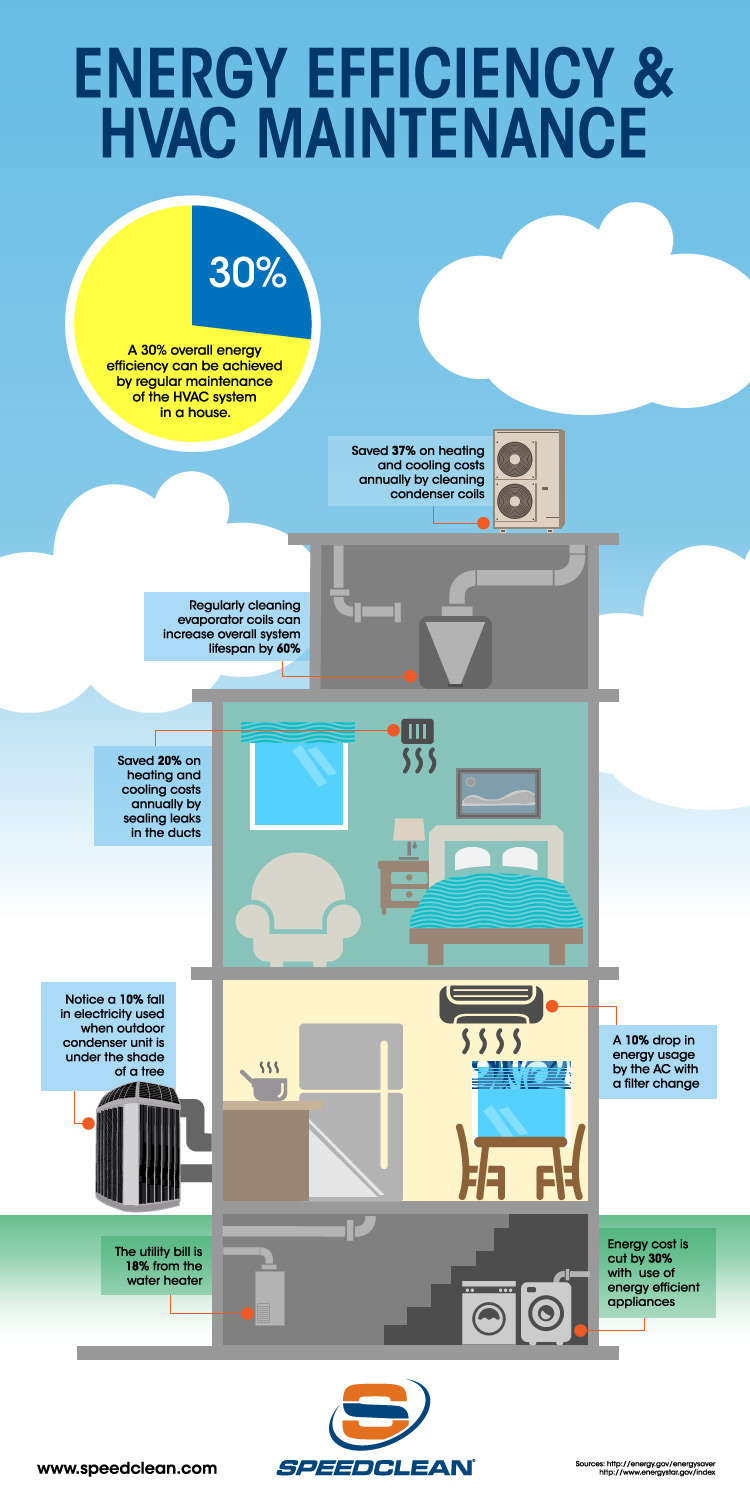5 Signs It's Time To Replace Your Home Heating And Air System
5 Signs It's Time To Replace Your Home Heating And Air System
Blog Article
Write-Up By-Lyng Marker
Is your home heating and air system on its last legs? Like a cars and truck that's seen much better days, your heating and cooling system can begin revealing indications of wear and tear. But just how do you understand when it's time to bid farewell to your old faithful and welcome in a brand-new, a lot more effective design?
Well, my friend, if you've been observing your system frequently running, unusual sounds floating with the air, or an abrupt boost in your power expenses, after that it could be time to consider a replacement. But that's not all-- there are a couple of various other indications that you won't intend to miss out on.
So, twist up and prepare to uncover the signs that could be a game-changer for your home convenience.
Regularly Running or Never Ever Biking off
If your home heating and air system is continuously running or never ever cycling off, there may be a breakdown that calls for immediate attention. This issue can suggest a few different troubles with your system.
One possibility is that the thermostat isn't functioning effectively, causing it to continuously signify for the system to run.
One more possible reason could be a blocked air filter, protecting against correct air movement and triggering the system to work tougher and longer.
Additionally, a malfunctioning follower or blower motor might additionally be the offender, maybe incapable to properly circulate air throughout your home.
Despite the exact reason, it is very important to resolve this issue without delay to stop additional damage to your system and to make sure optimum power efficiency.
Unusual Noises or Uncommon Scents
You may observe strange sounds or uncommon smells coming from your home heating and air system. These indicators could suggest that it's time to change your system.
Below are some possible reasons for these weird sounds and smells:
- Rattling or banging noises: This can recommend loose or damaged parts within the system, such as an electric motor or follower. It is necessary to address this concern quickly to avoid further damage.
- Stuffy or musty smells: This might indicate the existence of mold and mildew or mildew within the system, which can affect your interior air top quality. It's crucial to resolve this problem as it can result in breathing issues.
- Burning or metallic smells: This could be an indicator of overheating or electric issues. It's essential to take prompt activity to prevent any type of prospective fire dangers.
If you notice any of these indicators, it's advised to consult a professional cooling and heating service technician to assess your system and figure out if replacement is required.
Irregular or Insufficient Heating/Cooling
Experiencing inconsistent or poor cooling and heating in your house can be a discouraging and uneasy circumstance. It is very important to have a reputable cooling and heating system that can maintain your home at a comfy temperature level year-round.
If you locate that your home isn't heating or cooling uniformly, with some spaces being as well hot while others are too cold, it might be time to change your home heating and air system. Inadequate heating or air conditioning can be triggered by a variety of concerns, such as a malfunctioning thermostat, blocked air filters, or a damaged a/c device.
Regular Fixes and Breakdowns
When your cooling and heating system calls for frequent repair work and experiences failures, it's a sign that it might be time to take into consideration changing it. Regularly taking care of repair work can be frustrating and pricey, and it is very important to acknowledge when your system is no more reputable.
Below are https://lifehacker.com/im-begging-you-to-not-ignore-your-filter-reset-light-1847073105 and failures should trigger you to think of changing your home heating and air system:
- ** High repair prices **: Constant repair work can rapidly accumulate, and you may find yourself spending more cash on repairing your system than it deserves.
- ** Decreased energy performance **: Older systems have a tendency to become much less reliable in time, resulting in greater power expenses and lost power.
- ** Irregular convenience **: If your system is constantly breaking down, you may experience temperature changes and pain in your house.
Considering these variables, it's worth exploring the alternative of replacing your system to save money, boost energy performance, and guarantee constant comfort in your house.
Considerable Rise in Energy Expenses
If your regular monthly energy costs have actually been continuously raising, it may be a clear sign that it's time to think about changing your home heating and air system. As your heating and cooling system ages, its efficiency decreases, causing it to function more difficult and take in even more power. This can cause a substantial rise in your energy expenses.
Old and outdated systems might have damaged parts, such as motors, fans, or compressors, that need even more energy to operate properly. Furthermore, dripping ductwork or inadequate insulation can cause power loss, forcing your system to work also harder to maintain a comfortable temperature.
Conclusion
If you're experiencing any one of these signs with your home heating and air system, it's time to take into consideration a replacement. Disregarding these problems can lead to pain, higher energy expenses, and frequent fixings.
Actually, did you recognize that heating and cooling down represent about 48% of the energy usage in a typical united state home? By upgrading to https://collinzwwri.blogs100.com/24914646/usual-problems-with-domestic-home-heating-and-cooling-systems-and-ways-to-recognize-and-address-them , you can not just boost your convenience but also save on energy costs.
Do not wait until it's too late, act now and delight in an extra trustworthy and cost-effective home environment.
